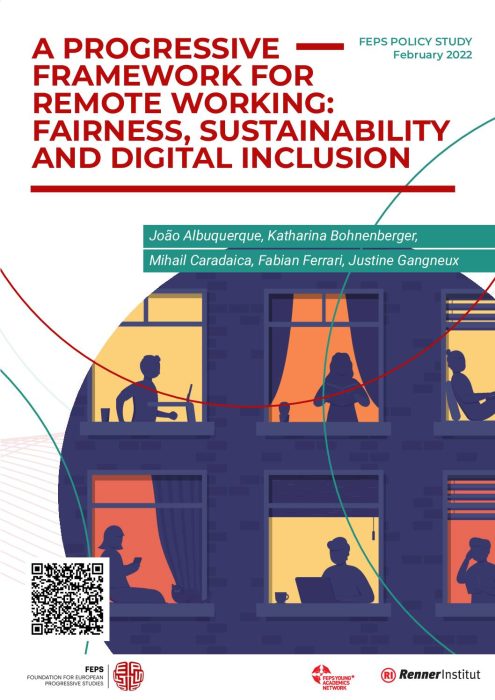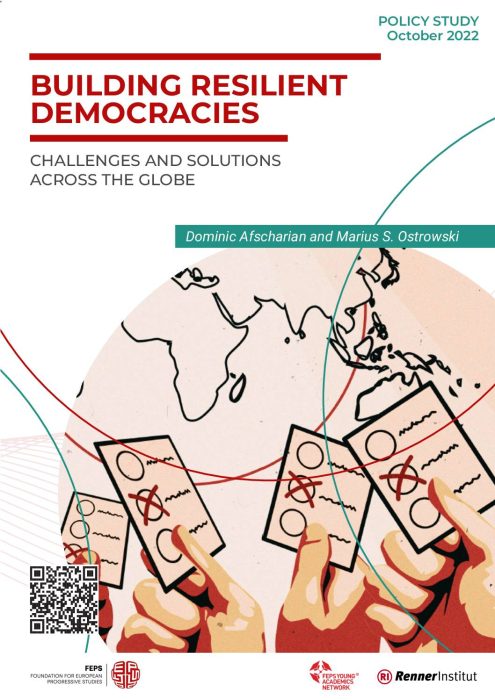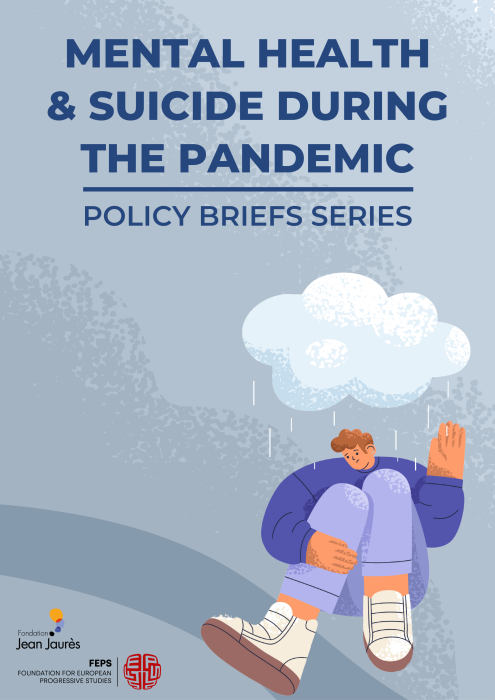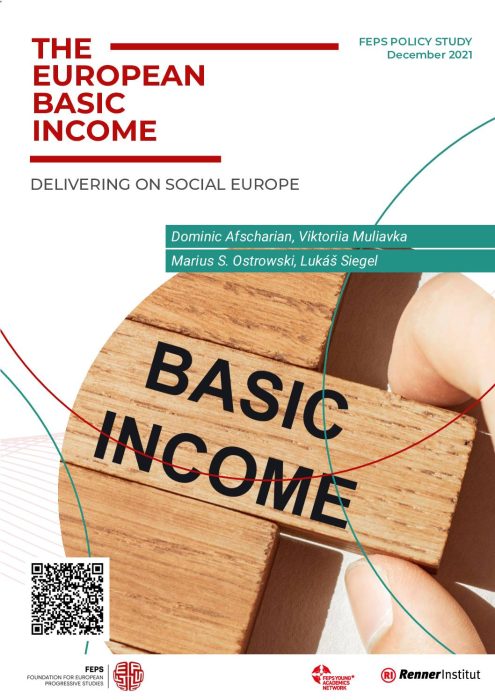PhD Candidate at University of Oxford
Fabian Ferrari is a PhD candidate at the Oxford Internet Institute. His PhD thesis examines the political economy of artificial intelligence. Fabian holds an MSc in Politics and Communication from the London School of Economics and a BA in Social Sciences from Heinrich Heine University Düsseldorf. Fabian is also a researcher at the Fairwork Foundation, an international action-research project that is working to analyse and improve pay and conditions for platform workers across the world.
A Progressive Framework for Remote Working: Fairness, Sustainability and Digital Inclusion
This policy brief is an attempt to sketch out the baselines of a new progressive approach towards remote work. An approach that fosters social justice. An approach that takes seriously the promises and perils of digital transformation. Crucially, an approach that is compatible with ecological boundaries. In other words, the fact that proximity does not seem to play as big a role in shaping our world of work as it used to play does not have to go hand in hand with the erosion of workers’ rights. It does not have to exacerbate the worst excesses of digital capitalism. And it does not have to compound the destruction of the planet. These drawbacks are outcomes of political choices – not of natural laws. They are not inevitable.
Across three strategic levels, the policy proposals illustrate that progressives all across Europe have powerful strategies and tools at their disposal to prevent these outcomes: information; institutions; and labour law.
Read the paper:
A Progressive Framework for Remote Working: Fairness, Sustainability and Digital Inclusion
Political Mentor: S&D MEP Brando Benifei
Academic Mentor: Stewart Wood (Lord Wood of Anfield), Chair of the United Nations Association – UK




